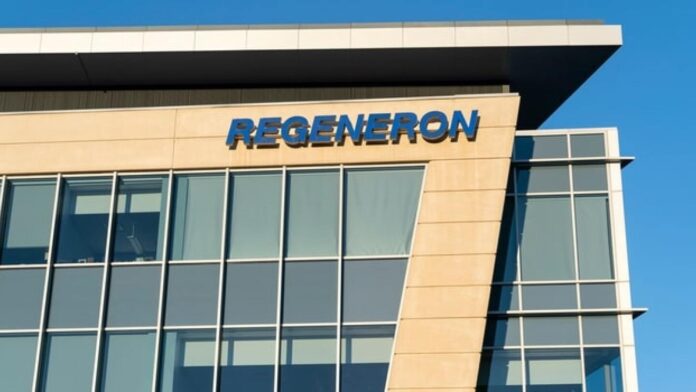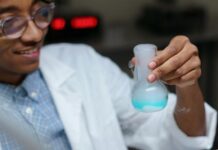After winning the auction, Regeneron Pharmaceuticals has agreed to purchase troubled genetics company 23andMe at a price of $256 million. 23andMe, one of the leading direct-to-consumer genetic testing companies, has ended weeks of financial struggles and uncertainty following the May 19th purchase.
Twenty-Three-and-Me Takes a Defeat
After being founded in 2006, 23andMe became well known for selling DNA testing kits that individuals can use to understand their family history and whatever health risks their genes may hold. After many years, the company had built a genetic database of over 15 million people and ranked among world leaders in collecting DNA information. The firm has faced difficulties the past few years as fewer consumers are opting for DNA testing and more institutions and private businesses enter the competition.
In 2023, the bloodiest act was revealed through a data breach, revealing millions of customer’s sensitive genetic information. Thanks to the breach, the company lost much of its reputation and people wondered about the safety of their personal data. In March 2025, 23andMe went bankrupt and looked for ways to fix its business while hoping to attract potential buyers.
Also read: Wells Enterprises Ice Cream Recall 2025: Blue Bunny & Halo Top Pulled Over Safety Concerns
Regeneron Offers Its Knowledge
Among all bidders, the one picked in the auction of the bankrupt company was New York-based Regeneron which is best noted for finding cures in genomic research. The deal involves all 23andMe’s segments except Lemonaid Health, whose telehealth branch is shutting down.
According to the statement, Regeneron has decided to own 23andMe as a new subsidiary entirely. Firms are expecting to wrap up the merger during the third quarter of 2025, if necessary approval from authorities and court oversight is granted. 23andMe and Regeneron’s agreement ensures that the company’s existing privacy policies and data protection rules are still in force.
Problems with Genetic Privacy
Perhaps one of the biggest concerns during bankruptcy was what would happen to the genetic information from 23andMe users. It was stated with concern that people’s DNA-genetic information could be accessed by others without the proper efforts to protect it.
23andMe agreed in October to the appointment of a privacy monitor who will look over the use of customer data during and after the acquisition. Regeneron has declared that it will be open and partner closely with the monitor to list all the ways it will use data.
This supervision is especially important considering increasing sensitivity around the use of genetic information commercially. Privacy laws in data like the Genetic Information Nondiscrimination Act in the United States and GDPR-like stipulations across jurisdictions aim to offer protection against misuse, yet enforcement is an intricate challenge.
Strategic Significance to Regeneron
The acquisition is not just a bailout of a troubled firm for Regeneron—it is a strategic bid to enhance its precision medicine capability. Combining 23andMe’s huge genetic database with its current research platform, Regeneron can enhance its pace of drug discovery, patient stratification, and biopsied-based targeted therapies.
Regeneron has been committed to genomics as a central part of its research and development strategy for years. Having access to 23andMe’s consumer-genetic information could give Regeneron a treasure trove of real-world data to use in optimizing clinical trials, finding genetic biomarkers, and creating new treatments optimized for particular populations.
The Future of Consumer Genomics
The collapse of 23andMe and subsequent takeover by a pharma giant is a sea change for the consumer genomics sector. What started as a revolution to democratize genetic data has now been inducted into the established biomedical research pipeline.
Some analysts view this as a natural consolidation, with smaller companies being unable to sustain profitability under a higher regulatory glare. Other analysts caution that the transition may restrict consumer access to low-cost genetic information and result in more commercialization of personal health information.








